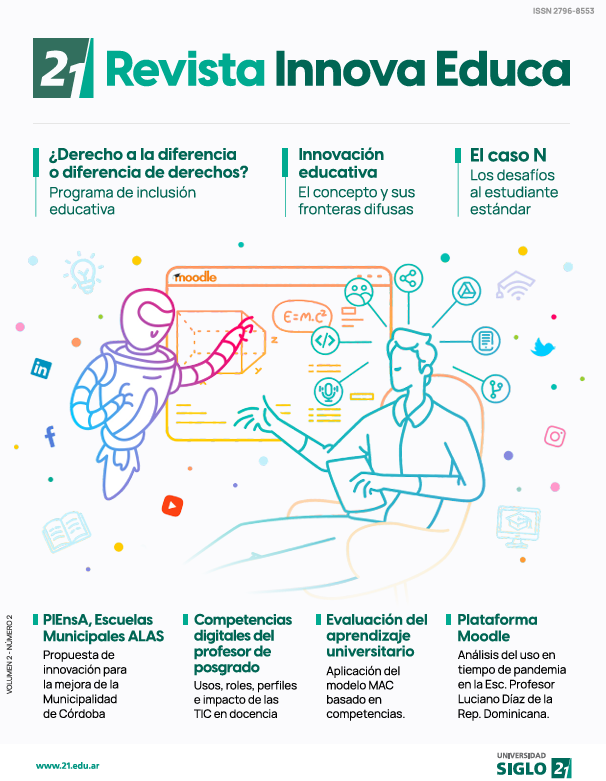The right to be different or different rights? Analysis on an inclusive educational programme

Abstract
Introduction: Government entities are designing educational proposals to develop new formative paths which are installed at the edges of the common secondary school and propose modifications to the school grammar. This research focused on the study of educational policies aimed at the institutionalization of new school formats. Objectives: To analyze the modalities of implementation of educational policies aimed at promoting school inclusion of vulnerable social sectors. Method: The theoreticalmethodological perspective is the meso-level approach of sociopolitical analysis aimed at articulating, pu ing in tension, and contrasting the meanings adopted by the educational policy, at the moment it was designed, with the reinterpretations of normative regulations in the practice process. The study included the analysis of documents, interviews with key informants (teachers, monitors, students) as well as classroom observations in two schools/institutions which were taken as case studies. Results: The educational policy is analyzed and described considering its focus on vulnerable groups, the limits, and possibilities of pedagogical knowledge in the innovation of practices, and the construction of social links as enablers of meaningful learning. Conclusions: The study makes it possible to understand the complexity of the evolution of an educational inclusion policy.
Keywords
Educational inclusion policy, Secondary school level, School formats
